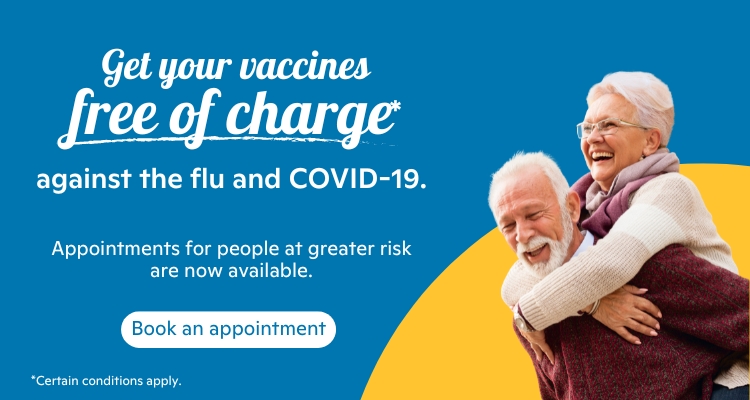Whether for religious, ethical, environmental, financial or health reasons, many people choose to adopt a vegetarian lifestyle. This diet has many benefits, but what about its health risks? Is it really better than a diet that includes meat?

Types of vegetarian diets
A vegetarian diet is one that does not include meat, poultry, fish or seafood. However, there are different kinds of vegetarians.
Strict vegetarians (or vegans): They only consume plant-based foods such as cereal-based products, legumes, nuts, grains, fruits and vegetables.
Semi-vegetarians: They do not eat red meat but sometimes consume poultry and fish, or only fish.
Lacto-vegetarians: They exclude eggs from their diet but still eat dairy products.
Ovo-vegetarians: They do not eat dairy products but will consume eggs.
Ovo-lacto-vegetarians: They consume eggs and dairy products.
Fruitarians: Their diet consists of fresh and dried fruit, and sometimes nuts and grains.
Tofu is a great meat alternative. It’s an excellent source of protein that’s low in fat and contains no cholesterol.
The benefits of a vegetarian diet
A vegetarian diet has several health benefits:
- It’s rich in fibre, antioxidants, vitamins and minerals. It’s an excellent source of energy thanks to high levels of protein and carbohydrates.
- By excluding meat, the amount of fat consumed is reduced.
Several studies have shown that a vegetarian diet could reduce the risk of obesity, cardiovascular disease, cancer and osteoporosis.
However, a balanced diet (not vegetarian) can also help people remain healthy if it includes fruits, vegetables and whole grains.
The dangers of a vegetarian diet
Being a vegetarian doesn’t necessarily equate to eating a balanced diet. While a vegetarian cuts back on their fat intake by excluding meat, they may still consume too much cake or oil for instance. The greatest risk associated with a vegetarian diet is an iron, calcium or vitamin B12 deficiency. Veganism and diets that exclude dairy products may also lead to calcium and vitamin A and D deficiencies.
In any case, if you want to adopt a vegetarian diet, you should consult a health professional and do some research before you undertake any dietary changes. Children and pregnant women should be careful and consult a doctor. Keep in mind that taking dietary supplements can be a way to avoid deficiencies.
To find out more, talk to your Brunet pharmacist! They’ll be more than happy to help you.

